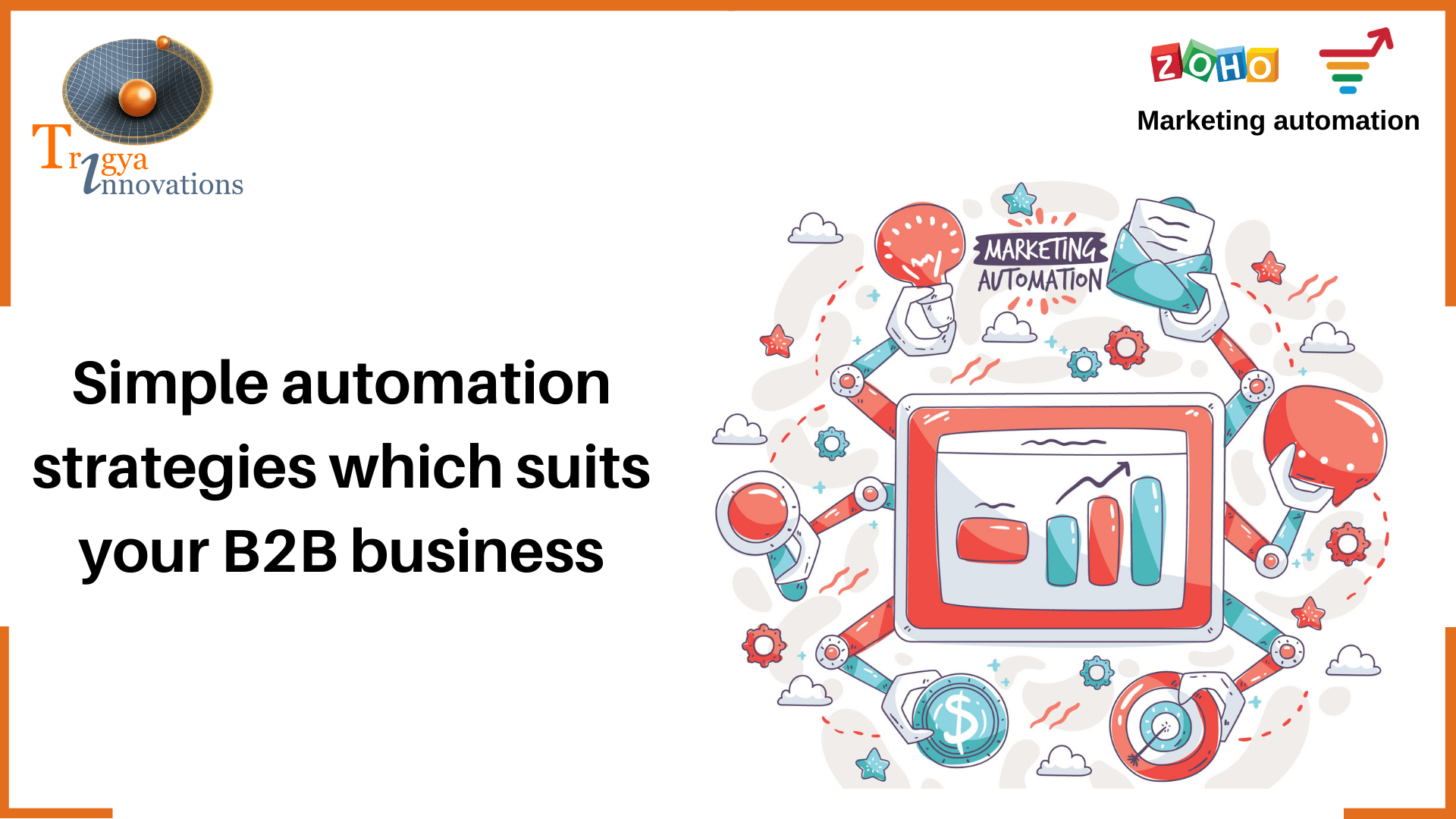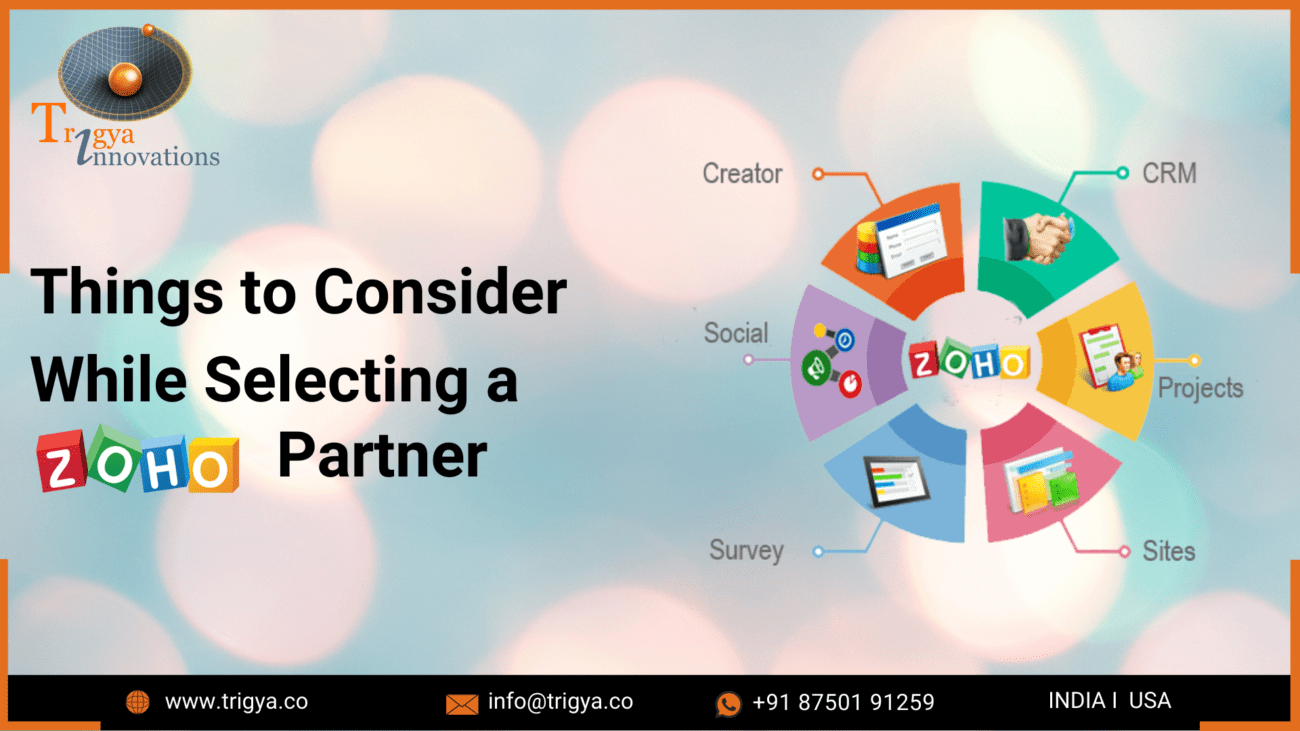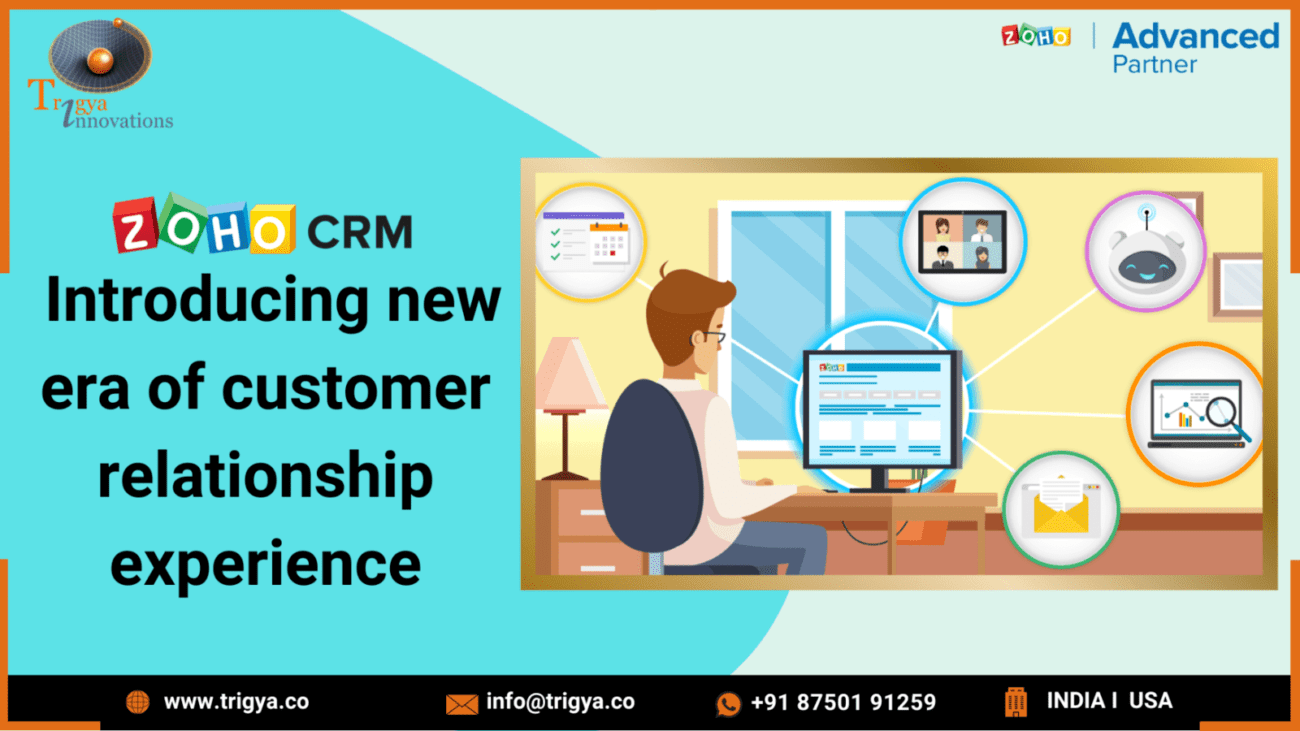It is obvious on the internet that Zoho has impacted the way in what manner or capacity numerous organizations manage their processes. Zoho has…

In today’s fast-paced and dynamic business environment, companies must be agile and efficient to keep pace with their competitors. However, using disparate business tools can create a disjointed workflow and lead to inefficiencies. That’s where Zoho comes in – an all-in-one business platform that brings a host of benefits to your business if you’re looking to streamline your operations and achieve your goals more effectively.
In this article, we’ll delve into the benefits of using Zoho and explore how integrating it with other business tools can enhance your workflow efficiency, drive innovation, and ultimately help you achieve your business goals.
Benefits Of Using Zoho
One of the standout advantages of Zoho is that it offers an all-in-one platform that brings together various business applications, creating a centralised hub for all of your company’s activities.
With Zoho, you can enjoy greater efficiency, productivity, and collaboration, as all team members can access the same data and work together seamlessly.
Zoho’s easy customization also allows you to tailor its features to your specific needs, enabling you to leverage the software’s full potential and improve your performance.
Another benefit of Zoho is its affordability, making it accessible to businesses of all sizes. Finally, Zoho places a strong emphasis on security, with robust measures in place to safeguard data and prevent breaches.
Zoho integrations with other business tools
Zoho can integrate with various software solutions, such as project management tools, customer relationship management tools, accounting software, and marketing automation software, to name a few.
These integrations allow you to create a seamless workflow that connects different aspects of your business operations, from sales and marketing to finance and project management. Each integration can bring unique benefits to your business.
- Integrating Zoho with your project management tools can improve task allocation, tracking, and collaboration, while integrating with customer relationship management tools can enhance lead generation, customer engagement, and retention.
- Integrating Zoho with your accounting software can streamline financial reporting, invoicing, and payment processing, while integrating with your marketing automation software can improve lead nurturing, campaign management, and ROI tracking.
- Many businesses have already successfully integrated Zoho with other business tools to improve their workflow efficiency.
- For instance, a digital marketing agency may integrate Zoho with HubSpot to automate lead tracking and management, while a manufacturing company may integrate Zoho with QuickBooks to streamline their invoicing and accounting processes.
How to integrate Zoho with other business tools
Integrating Zoho with other business tools can be a straightforward process if you follow the right steps.
Choose the right integration: Zoho offers a variety of integrations with other business tools, so it’s important to select the one that fits your specific needs. If you’re not sure about what suits your business’ needs, our customer support team is available to answer any of your questions or concerns about the integration process and offer recommendations based on your specific requirements.
Set up the integration: Follow the instructions provided by Zoho to set up the integration. This includes configuring settings and connecting Zoho with the other tools.
Test the integration: Before implementing the integration fully, it’s important to thoroughly test it to ensure that it’s working as expected. This includes checking for data syncing issues and integration errors.
Troubleshoot issues: If there are any issues during the integration process, troubleshoot them to identify the cause and resolve them quickly.
Monitor and optimize: After the integration is up and running, it’s important to have a dedicated team member or specialist monitoring it to ensure optimal performance. This includes identifying areas for improvement and making adjustments as necessary.
Best practices for using Zoho with other business tools
One of the best practices for using Zoho with other business tools is to set up automation wherever possible. By automating routine tasks, businesses can save time and reduce the chances of errors. Another best practice is to share data across platforms to ensure that all team members have access to the same information. This helps to avoid duplication of effort and ensures everyone is on the same page. Maintaining data integrity is also crucial for accurate and efficient workflows. It’s essential to keep data accurate and up-to-date to avoid making decisions based on outdated or incorrect information. By prioritizing these best practices, you can optimize your use of Zoho and other integrated tools to achieve maximum efficiency and productivity.
Wrapping Up
In conclusion, the benefits of Zoho’s all-in-one platform that include easy customization, affordability, and security make it a top choice for you to simplify your business operations.
As a premium Zoho partner, Trigya Innovations can help you choose the best suited integrations for the specific needs of your business. We will oversee your integration process, train your team on how to use the integrated tools effectively and also offer ongoing support to troubleshoot any issues that may arise.
So why not consider integrating Zoho with your existing business tools today and experience the benefits for yourself? Make your integration process smooth and successful with us. Contact us right away!














